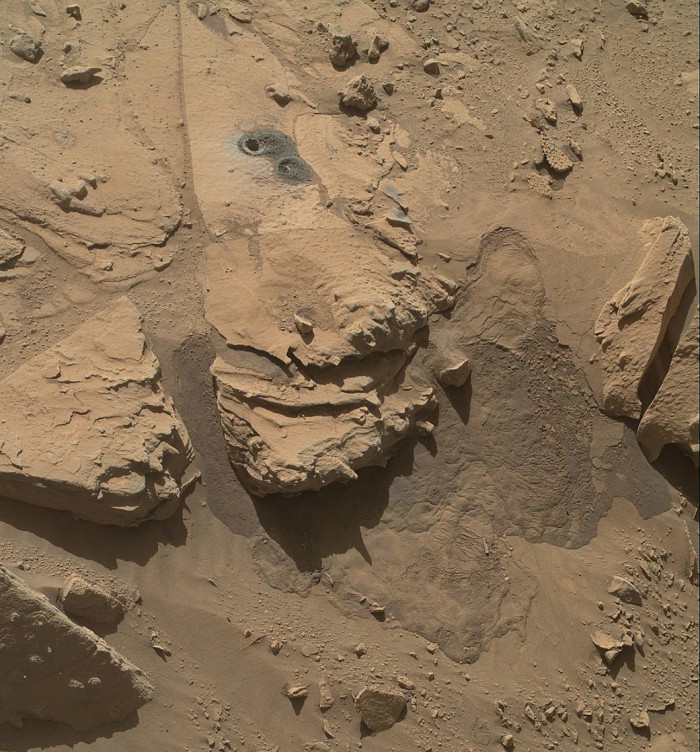In the Atacama Desert, where humans do not reach, the DNA of a creature that has never been identified has been discovered.
A multinational research team from Chile, Spain, Japan, and Italy announced on the 21st that 9% of the DNA collected from the Atacama Desert was from unknown organisms in a paper published in the international journal Nature Communications.
The research team investigated the ecology of the Atacama Desert, which is famous for being difficult for life to live for a long time. Chile’s Atacama Desert, spanning the Pacific Ocean and the Andes, is the world’s second driest region, and is uninhabitable, so its natural state is preserved. Since there are no human traces, it is also a place where a famous astronomical observatory has been built on a hill.
The research team concluded that the unknown life form identified in the Atacama Desert is the dark microbiome, which has recently attracted attention. Since the microbiome refers to a collection of microorganisms, the dark microbiome refers to a group of microorganisms that humans have not yet grasped.
The reason the research team explored these microbial communities in the Atacama Desert is Mars. The research team believes that the unknown life found in the Atacama Desert, which is considered an environment similar to Mars, can be linked to the discovery of life on Mars.
A person in charge of the investigation said, “The redstone of the Atacama Desert, which we looked into through our research, is famous for being similar to the actual Mars even in terms of geology.” It is also,” he said.
In fact, the search engine used by the research team at Redstone is the same type as those already installed on NASA’s Mars probe or to be installed in the future.

A person in charge of the investigation said, “The purpose of this research is to test whether we can find traces of new life that has not yet been known through a device dedicated to Mars.” It is useful,” he stressed.
The research team is in the position that while testing equipment for Mars exploration in the Atacama Desert, it is necessary to devise an efficient and rapid way to transport valuable samples such as microorganisms, rocks, and atmosphere obtained locally to Earth.
Spanish astrobiologist Armando Bustos, who led the investigation, said, “The technology to discover life in the harsh environment of Earth helps to identify space life on Mars. “However, it is difficult to analyze samples locally, so the most important thing right now is to develop technology that brings them quickly and safely to Earth,” he said.
Reporter Jeong Ian [email protected]
⇨Go to Sputnik Naver Post
⇨Go to Sputnik YouTube Channel

